He Stood at the Till (1939)
Gênero : Comédia
Runtime : 1H 39M
Director : Karel Lamač
Sinopse
U pokladny stál... is a Czech comedy film. It was released in 1939.
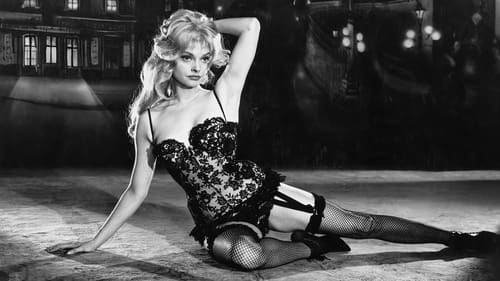
A 14-year-old girl is caught while trying to pick a doctor's pocket. The doctor ends up taking her in and turning her into a sophisticated lady, whom he marries off to a wealthy man.
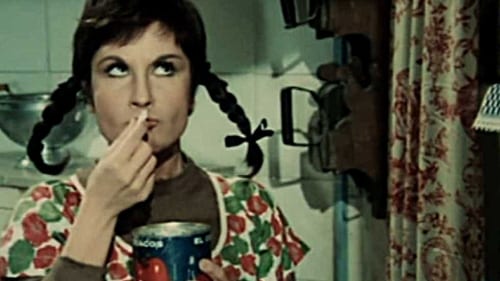
Susana is an unappreciated, naive and somewhat clumsy orphan who has lived since she was a child at doña Engracia's house, because her mother died a few days after she was born. In this house, which also houses three nephews of doña Engracia without a penny to one's name, Susana is the maid of all. Economic necessities lead Engracia to rent a room. Felipe, a handsome man with a bad reputation, will reply to the ad.

After her young son accidentally drowns, a woman has a breakdown and is finally placed in a mental hospital. After her release, her husband takes her for a weekend at a secluded country mansion, hoping to help her recover. However, things at the mansion aren't quite what they seem to be, the couple begin to feel an uneasy and oppressive presence, and the mother starts to see things that may, or may not, be hallucinations.

French musical created by Gérard Presgurvic and produced in 2001, at the Paris Convention Center. It is inspired by William Shakespeare's Romeo and Juliet.

The Amazing Mr. Williams é um filme de 1939 estrelado por Melvyn Douglas como o tenente de polícia Kenny Williams, que anda ocupado demais resolvendo crimes para passar um tempo com sua noiva Maxine Carroll, interpretada por Joan Blondell.
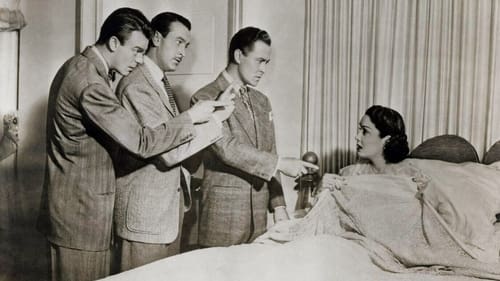
Newly-married Gary Ainsworth (Dennis O'Keefe) once gave his former sweetheart Mabel (Gail Patrick) a sexy negligee with his initials embroidered in the lacework. It is Gary's unenviable task to retrieve the incriminating undergarment from Mabel's room before his wife Geraldine (Marjorie Reynolds) gets wise.

A college student befriends various crew members while working a summer internship at sea.

Prospero and his daughter Miranda must take refuge on an enchanted island. There Prospero, who himself has magical powers, releases the spirit Ariel from a spell, and also meets the savage Caliban. Then Prospero uses his powers to create a tempest that shipwrecks some of the persons who caused his exile.

The title refers to the office of records in the basement of a large company... sort of the place where a troublesome employee may be dumped in a dead end job. If fact, the story is a simple romantic comedy, with Burian as the kindly old stick-in-the-mud who helps the young man to sort out his romance with the daughter of the company's owner.

Marguerite is seated in front of the fireplace, Faust standing by her side. Mephistopheles enters and offers his sword to Faust, commanding him to behead the fair Marguerite. Faust refuses, whereupon Mephistopheles draws the sword across the throat of the lady and she suddenly disappears and Faust is seated in her place.

Based on Shakespeare's play, Act V, Scene vii: King John is in torment, and his supporters fear that his end is near. As he writhes in agony, he is attended by Prince Henry, the Earl of Pembroke, and Robert Bigot. Prince Henry tries repeatedly to comfort his delirious father, but to no avail - John's pain is too great.

Unlike any other opera, the so-called Beggar's Opera is not just one composition, but a lineage of adapted compositions, beginning with the original hugely successful 1728 political satire written by Englishman John Gay. Composers and writers have penned variations on it ever since. The most famous of these was A Threepenny Opera by Bertholt Brecht and Kurt Weill. Some things these compositions share in common is their setting among the poor and criminal classes, and the roguish character Macheath. This production is based on an adaptation of Gay's original by Vaclav Havel the freedom-fighter, writer and philosopher who became the first (and only) president of the united post-communist country of Czechoslovakia, and it retains many traces of its theatrical origins. Film reviewers were not too tolerant of what they called "slavish adherence" to the noted Czech writer's stage production, but theater, philosophy and history buffs may feel otherwise.

Alma Duval, a middle-aged housewife, trying to hide how much she suffers from her husband's amorous excursions while trying to help her children solve their problems and doing her best to keep her family together as it's slowly falling apart. Meanwhile, daughter Virginia is dumped by her boyfriend because she cannot help him with his career. Her cheating husband's birthday party is approaching and many lines will be crossed after that event.
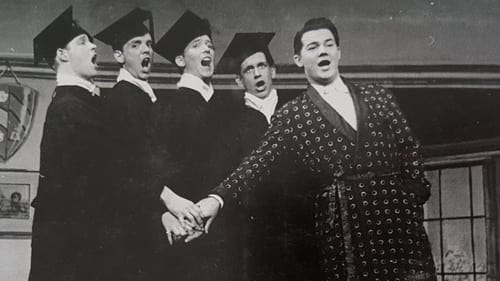
Live television version of the classic musical.

Based on characters from Shakespeare's play: When Juliet's father refuses to let Romeo see her, Romeo resorts to extreme measures.
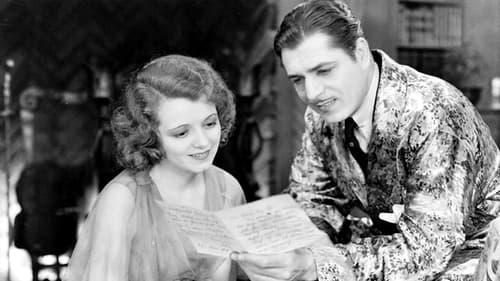
Wealthy Jervis Pendleton acts as benefactor for orphan Judy Abbott, anonymously sponsoring her in her boarding school. But as she grows up, he finds himself falling in love with her, and she with him, though she does not know that the man she has fallen for is her benefactor.

One of the few European films of the 30s to criticize the Nazis, even if they couldn't be directly named due to censorship: Gangsters with gray hats stir up trouble in what is obviously the Sudetenland.

The main character is an orphaned young woman who is about to be married off to an unappealing but rich old man, Mr. Sleeman, at the instigation of her aunts who have taken charge of her. Bergman infuses the situation with overtones of rueful pessimism concerning life in general.

A street-wise teen from Baltimore who has been raised by a single mother travels to New York City to spend the Christmas holiday with his estranged relatives, where he embarks on a surprising and inspirational journey.















